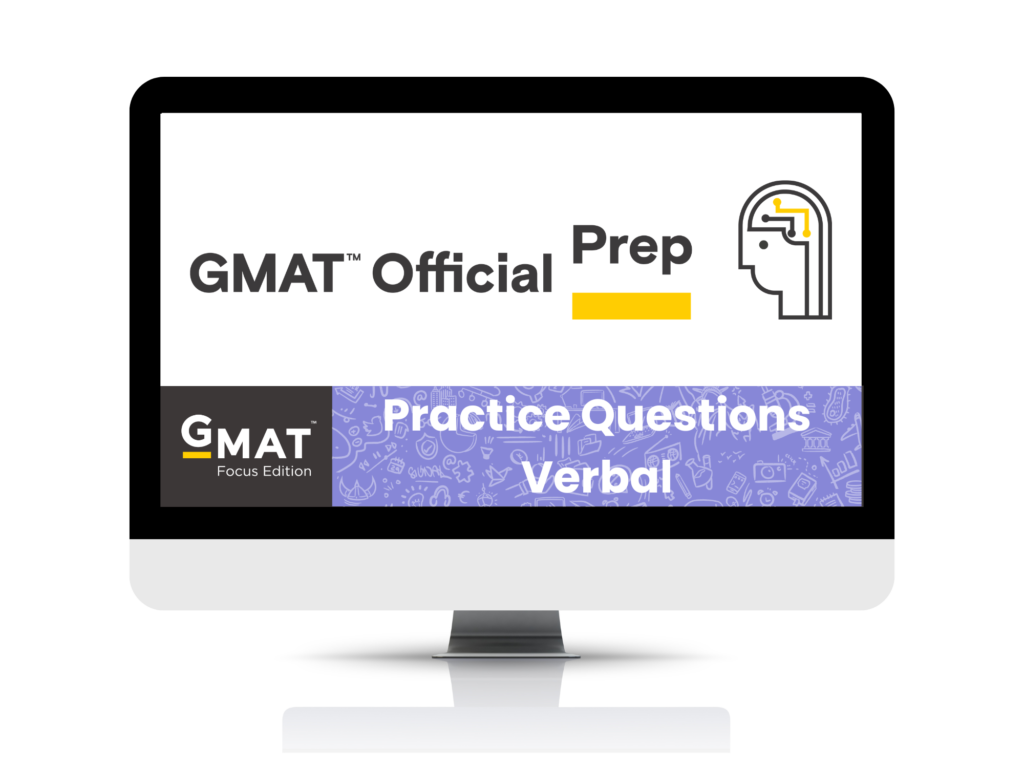Understanding GMAT Average Scores: What You Need to Know
Introduction:
In the realm of higher education, the Graduate Management Admission Test (GMAT) stands as a crucial benchmark for individuals aspiring to pursue a Master of Business Administration (MBA) or other graduate management programs. One of the key metrics often scrutinized by applicants and institutions alike is the GMAT average score. Understanding what constitutes a good GMAT score and how it impacts admissions decisions is essential for prospective candidates.
What is the GMAT?
The GMAT is a standardized test designed to assess analytical, writing, quantitative, verbal, and reading skills in English. Administered by the Graduate Management Admission Council (GMAC), it serves as a common yardstick for evaluating candidates’ aptitude and readiness for graduate-level business education.
Importance of GMAT Average Scores:
GMAT average scores play a pivotal role in the admissions process for business schools worldwide. They provide admissions committees with a comparative measure to evaluate candidates’ academic potential and suitability for their programs. While not the sole determinant, GMAT scores often carry significant weight in admissions decisions, alongside other factors such as academic transcripts, work experience, and letters of recommendation.
Understanding GMAT Average Score:
The GMAT is scored on a scale of 200 to 800, with the majority of test-takers falling within the range of 400 to 600. The average GMAT score typically hovers around 550. However, average scores can vary significantly depending on the caliber of the institution and the competitiveness of the applicant pool. Top-tier business schools may have higher average GMAT scores, often exceeding 700, while less selective programs may accept applicants with scores closer to the global average.
Factors Influencing GMAT Average Scores:
Several factors contribute to variations in GMAT average scores across different demographics and cohorts. These include:
1. Prior Academic Background: Candidates with strong academic backgrounds in quantitative disciplines such as engineering or finance may perform better on the quantitative section of the GMAT, thereby influencing average scores.
2. Test Preparation: Adequate preparation through self-study, prep courses, or tutoring can significantly impact individual GMAT scores and, by extension, average scores for specific cohorts.
3. Demographic Diversity: GMAT average scores may differ among demographic groups due to factors such as socioeconomic status, access to educational resources, and English language proficiency.
4. Regional Disparities: Average GMAT scores can vary by region, reflecting differences in educational systems, cultural attitudes towards standardized testing, and access to test preparation resources.
Interpreting GMAT Average Scores:
While GMAT average scores provide valuable insights into the academic profiles of applicants, they should be interpreted with caution. Averages alone do not convey the full spectrum of candidate capabilities or potential contributions to a business school’s community. Admissions committees consider a holistic range of factors when evaluating applicants, including work experience, leadership qualities, diversity of perspectives, and alignment with the institution’s values and mission.
Strategies for Achieving a Competitive GMAT Score:
For aspiring business school candidates aiming to surpass the average GMAT score and enhance their prospects of admission, several strategies can prove beneficial:
1. Comprehensive Preparation: Invest ample time and effort in preparing for the GMAT by familiarizing yourself with the test format, content, and question types. Utilize official GMAT study materials, practice exams, and reputable prep resources to build proficiency in each tested area.
2. Targeted Practice: Identify your strengths and weaknesses through diagnostic tests and focus your preparation on areas that require improvement. Allocate more study time to challenging sections while reinforcing mastery in areas of proficiency.
3. Practice Time Management: Develop effective time management strategies to optimize performance on test day. Practice completing each section within the allotted time constraints to improve pacing and minimize the risk of unfinished questions.
4. Utilize Resources: Take advantage of online forums, study groups, and professional tutoring services to supplement your preparation efforts. Engage with peers and instructors to exchange insights, seek clarification on difficult concepts, and gain additional practice opportunities.
5. Mock Exams: Simulate test conditions by taking full-length practice exams under timed conditions. Analyze your performance, identify recurring patterns or errors, and adjust your study approach accordingly to maximize score improvement.
Conclusion:
GMAT average scores serve as a benchmark for evaluating candidates’ academic readiness and potential for success in graduate management programs. While they offer valuable insights into the competitive landscape of business school admissions, prospective applicants should approach them with a nuanced understanding of their limitations and context-specific relevance. By adopting a strategic and diligent approach to preparation, aspiring candidates can position themselves competitively and strive to achieve scores that align with their academic aspirations and career goals.
If you want to join one of the best and biggest business schools or an MBA program, you’ve certainly heard about the average GMAT score. Before analyzing the GMAT exam, you should know for yourself what a good grade is, after all we are talking about future opportunities, it would be to enter the major business schools in the world of MBA programs.
Look at: https://bit.ly/average-gmat-score
Average GMAT Score
Harvard GMAT Score 2024
MBA House | Average GMAT Score
575 5th Ave 8th floor, New York, NY 10017, United States
☎ (332) 255-2577
☎ (646) 668-6151⠀ ⠀
📧 [email protected] ⠀
🌐 https://mbahouse.gmat.com.br/
#averagegmatscore #percentilesscore #bestgmatpracticetest #gmatny #gmatflorida #gmataustin #gmattest #gmatmiami #mbahouse #greprepcourse #gmatcourse #gmatonline #mbaadmissions #admissionsconsultants #mbaaplicattion



